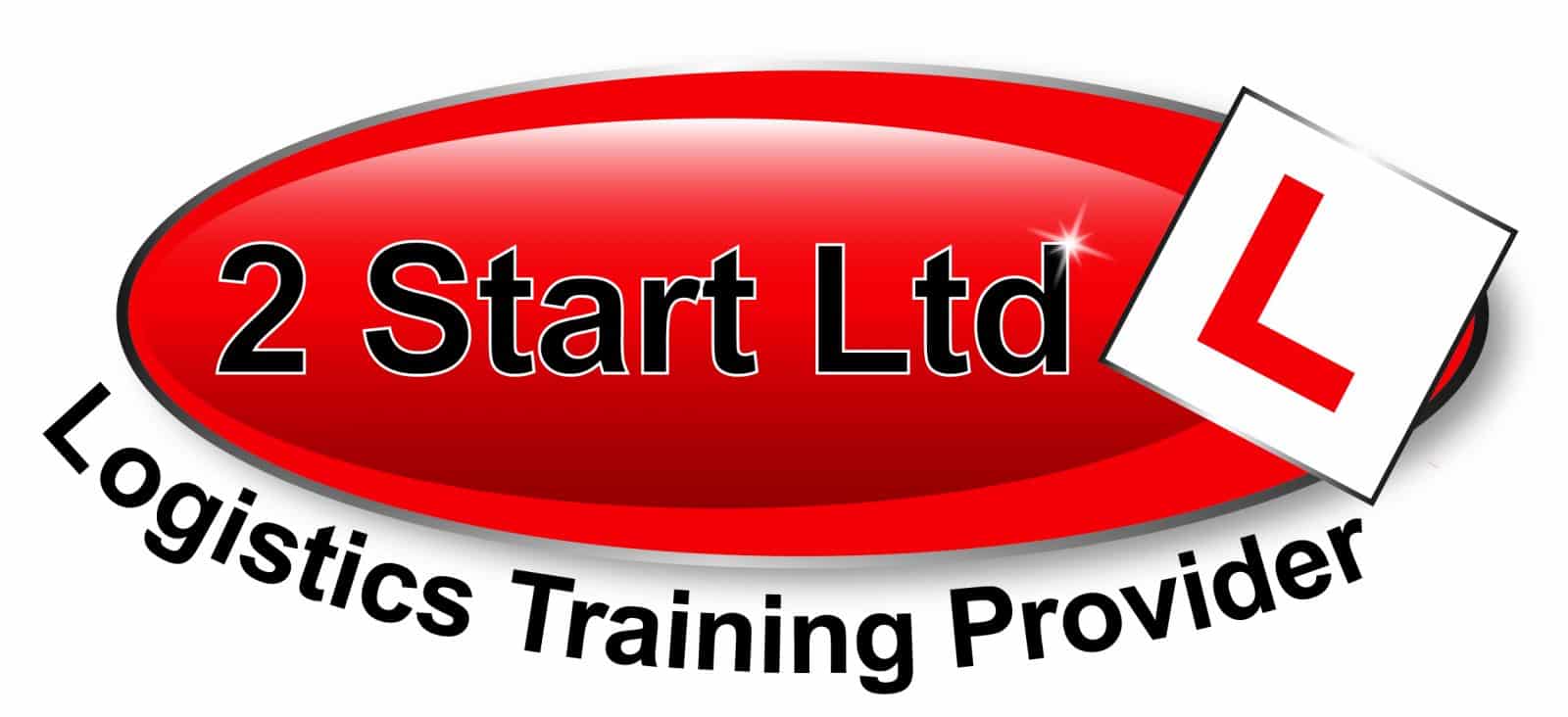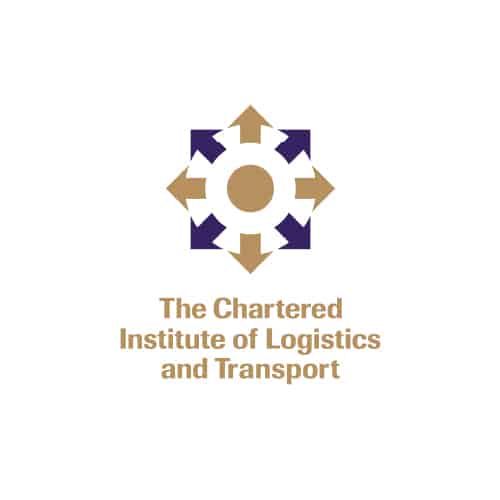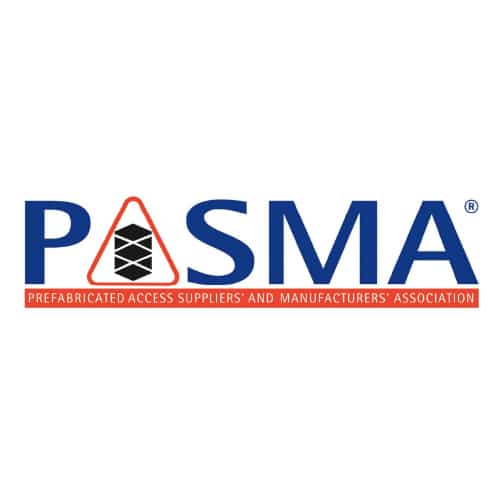Accrediting Bodies

2 Start believe that supporting training courses with the necessary accreditation highlights the quality of learning students will endure. This shows that 2 Start are providing quality training. Not only this, but also bettering students when needing comprehensive and consistent training.
Accreditation can be outlined as something or someone whom ensures that those who carry out a recognised:
- Assessment
- Test
- Inspection
- Or any other types of examinations
are conforming to the regulations outlined, as well as being competent to do so.
Accreditation helps build trust and conformity in products, services, systems and more.
Accreditations give those who are looking for a training provider the confidence in the training they will pursue. The trust factor for accredited bodies is paramount. This is due to certain codes of practice being reinforced. These will help deem an individual safely and competent to work under a specific product, service, system etc.
When becoming an accrediting business, not only does the entry criteria vary on the accreditation, but also the process of becoming authorised by the organisation can differ. A training provider must show that they meet the criteria and can provide the accredited training at the high-quality standards of the body. This is typically the minimum standard which many accrediting bodies expect training providers to meet.
Being able to show these qualities gives the accrediting bodies and students the confidence that 2 Start can provide high quality training consistently.
For a training provider, it is important to be accredited and to ensure the entry criteria is met. There are guidelines which are put in place. This is depending on the body which implements them. This can range from standard audits, to Q&A with the provider to ensure they understand the following to meet requirements.
- Training
- Product
- Service
This is also in relation to any course subject the training provider wishes to teach. An application is typically mandatory. This must be submitted to allow the accrediting body in question.
This is so they can review and complete other checks. Thus, helping to understand the reasoning behind the training provider wishing to work under their “rules.”
Random audits can be carried out within the probation period and thereafter. This further highlights the importance of high standards and training through accreditation.
This assures that our training courses remain high quality, current and provide our students with the best training value possible.
In regards to training, the accreditation standards and reasoning will depend. For instance, to become a Heavy Goods Vehicle (HGV) instructor. You could teach someone to drive an HGV if you have held their HGV licence for over three years.
However, it is heavily advised that if you are looking to become an HGV instructor and teach students, it would be more sensible to obtain accreditation and become an accredited instructor, such as attaining the NRI certification.
Suitable competency training must be provided to the employee. This relates to the use of any equipment or machinery, that the employee will likely use in their day-to-day workplace. This is to mitigate accountability for the employer.
For instance, an accredited body (such as ITSSAR) provide the appropriate standards, which are utilised throughout training providers to deliver a nationally recognised minimum competency level of training for forklift operators.
In most cases, for this to be classed suitable competent training, the training provider that the employer would use should be accredited in order to deliver a recognised level of training. This should meet nationally or industry recognised competency in the use of the respective equipment and machinery.
This is the important role accrediting bodies play, ensuring training providers such as 2 Start are delivering the courses at the required standards.
It must be recognised that some accreditation must be stipulated in the training. This relates to when you are planning to complete this. Otherwise, your training will have little to no value. It will also not be recognised to most industries, and insurance providers, should an incident occur.
Accreditation is important in a variety of industries. Designed to set a national/international standard.
Benefits of an accreditation include
- Formal recognition within institutions and across the country.
- Setting a consistent standard throughout many industries.
- Encourages students to look for training under a recognised authority.
- Helps training providers relay consistent training given.
- Enhances credibility of a training course under the accreditation.
- If rules/legislations/codes of practice are updated or changes, it is funnelled down from the accrediting body, to the training providers. This ensured that industry standards are upheld and current.
2 Start use nationally recognised accreditation throughout many types of course categories provided. This reiterates our credibility and importance of the training we provide. While, further ensuring all trainers are keeping up to date with any relevant changes there may be.

















